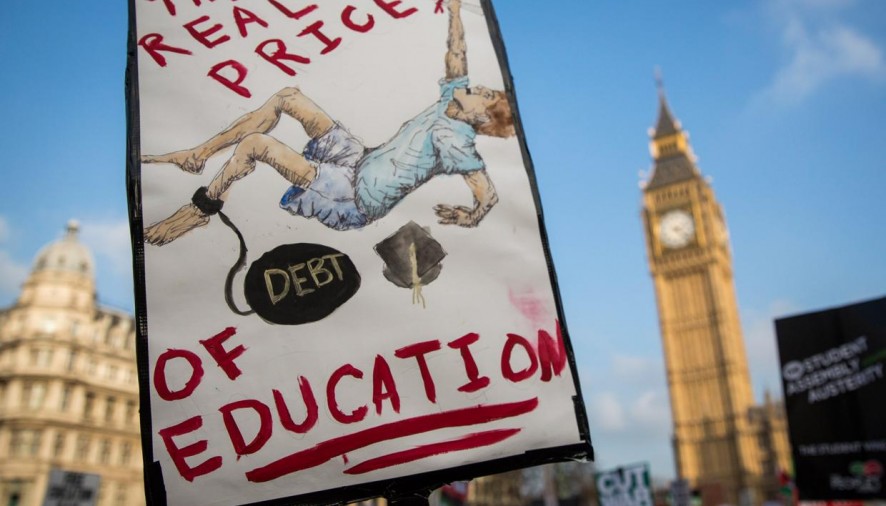The cost of attending university in the UK has always been a contentious issue. It is regularly debated who should pay what, how much they should be paying and what services should be provided as part of such an expensive financial investment. Plans outlined by Jo Johnson, the UK’s Universities and Science minister, enable universities in England to increase their fees from 2017 onwards above the current cap of £9000, in line with the retail price index’s (RPIX) rate of inflation. This currently stands at 2.8% which would raise annual tuition fees to £9250.
With so many students unsure of what their £9000 is actually spent on, it is a relief that only universities which meet standards set out by a teaching excellence framework will be allowed the option of increasing their fees. Perhaps better teaching standards and the potential to graduate with a higher degree classification, which in turn may lead to improved career prospects, is incentive enough to accept this small financial inconvenience without question. Too many current and prospective students are relying on a degree to ensure they can access their chosen career path in later life.
According to UCAS, there were just over 718,000 applications to UK universities this year exceeding the previous record set in 2011, the year before tuition fees were almost trebled, by nearly 20,000. Surely this proves that fee increases, despite being potentially unfair or unjustified, do not permanently damage application numbers. In fact, we are seeing more and more disadvantaged students obtaining places at top universities. The higher cost of living has resulted in much of university life costing students significantly more than they were expecting. Is it wrong to be frustrated by this rise in tuition fees, when academic tuition itself is arguably the only essential part of university life?
To prove that a 2.8% fee increase is unlikely to prove detrimental to student intake, I’ll make an analogy between academia and train fares. In the last decade, season ticket rail fares have increased by over 50%, with biannual increases ranging from 1.1% to 9.2%, according to the Campaign for Better Transport. Despite this, in the last 20 years, the number of journeys made by train users has increased by 60%. This shows that where a transport service is necessary, much as a university degree is when trying to access certain careers, and there are limited alternatives, consumers will not immediately boycott a service should the cost increase. If anything the university fee increase is justified as they are promising to improve the service provided, a promise made but not met by train line providers.
We can gain better perspective on the situation if we consider 2.8% as a raw figure and ask whether 2.8% less phone battery is likely to have a detrimental impact on our day? However, no matter how minor the fee increase may seem, it will have an effect on a generation already crippled by student debt, rubbing salt in the most well educated of wounds.
Helena de Carteret
Image: The Independent

